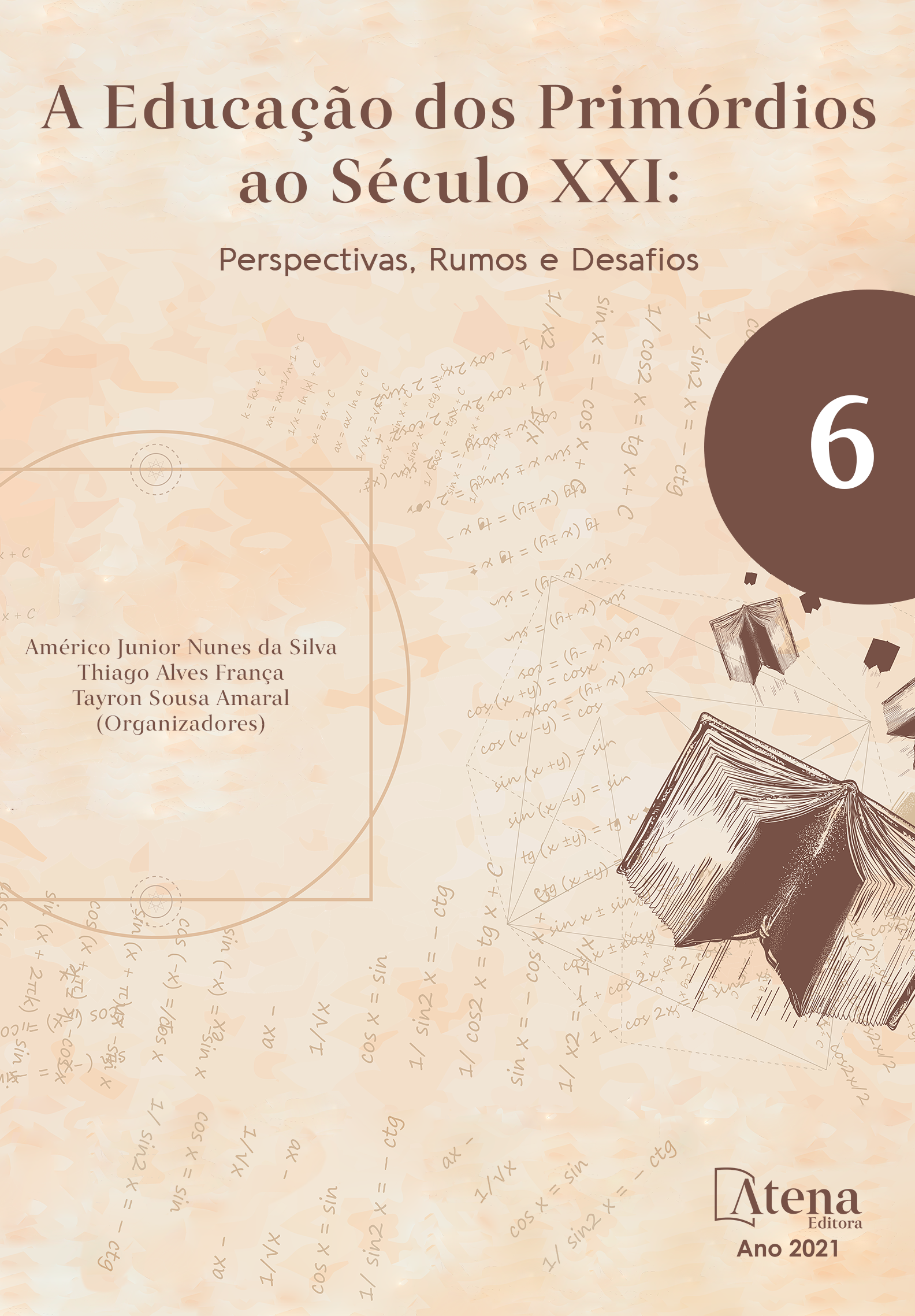
PERFIL DE INGRESSANTES EM ZOOTECNIA NO ESTADO DO MATO GROSSO EM 2019
A universidade é o espelho social e, por isso mesmo deve se moldar para atender a sociedade em constante transformação. O curso de Zootecnia atende diversos estudantes com diferentes castas sociais, econômicas, cognitivas e pensamentos diversos. O objetivo foi mostrar o perfil sócio-econômico e intelectual dos ingressantes (2019/1), além da motivação da escolha do curso. Os dados de fontes primárias foram coletados em questionário aplicado aos 45 ingressantes do curso de Zootecnia no semestre 2019/1 por meio do “Google Forms”. O questionário anônimo e voluntário constou de 70 (setenta) questões objetivas aplicadas ao segundo mês de ingresso dos estudantes. Os resultados mostraram que a maioria dos estudantes é da raça parda, moram com os pais, oriundos de cidades vizinhas, provenientes de escolas de ensino público, com famílias com renda familiar entre um a dois salários mínimos com a mãe/madrasta sendo a primordial na mantença econômica da unidade familiar. Além disso, escolheram a opção Zootecnia por aptidão e não tem nenhum membro da família trabalhando em áreas das Ciências Agrárias. Ainda, todos os estudantes querem atuar como zootecnista, principalmente na área da Produção Animal, o que é importante para o desenvolvimento da região geoeconômica do Mato Grosso. Conclui-se que o perfil socioeconômico dos alunos da Zootecnia/UFMT/campus Cuiabá segue o fluxo normal de diversas pesquisas já realizadas na área da educação, demonstrando a crescente ocupação dos pardos no ensino superior, além de alunos de origem pobre. Ademais, notou-se que a mulher se sobressai em relação à renda familiar que sustenta os estudantes, a família acompanha na formação escolar e que, a INTERNET se destaca na busca de conhecimento refletindo, nitidamente, mudanças comportamentais que estão fluindo dentro da sociedade e que, definitivamente, a profissão zootecnista favorece o desenvolvimento da região Centro-Oeste do Brasil.
PERFIL DE INGRESSANTES EM ZOOTECNIA NO ESTADO DO MATO GROSSO EM 2019
-
DOI: 10.22533/at.ed.46521040314
-
Palavras-chave: Ciências Agrárias; Graduação; Profissão; Universidade.
-
Keywords: Agrarian Sciences; University graduate; Profession; University.
-
Abstract:
The university is the social mirror and, therefore, it serves the changing society. The Zootechnics course serves several students with different social, economic, cognitive and different thoughts. The objective was to show the socio-economic and intellectual profile of the freshmen (2019/1), in addition to the motivation for choosing the course. Data from primary sources were collected in a questionnaire applied to the 45 studente in the semester 2019/1 through the “Google Forms” The anonymous and voluntary questionnaire consisted of 43 objective questions applied to the second month of students' admission. The results showed that the majority of students are of the brown race, live with their parents, from neighboring cities, from public schools, with family income between one to two minimum wages and an important mother / stepmother to maintain the family economy . They chose the Zootechnics option due to their aptitude and there is no one in their family working in areas of Agrarian Sciences. All students want to be a zootechnician, mainly in the area of Animal Production, which is important for the development of the geoeconomic region of Mato Grosso. It is concluded that the socioeconomic profile of the students of Zootechnics is common to other researches already carried out in the area of education, in which the occupation of browns in higher education is increasing, in addition to students of poor origin. In addition, it was noted that the woman supports the students, the family accompanies them in school education and that the INTERNET is important for knowledge reflecting social behavioral changes and that zootechnics favors the development of the Midwest region of Brazil.
-
Número de páginas: 11
- Maria Fernanda Soares Queiroz Cerom
- Alexandra Pottenza Vidotti
- Clarissa Senhorino Teschke
- VANESSA SOBUE FRANZO


